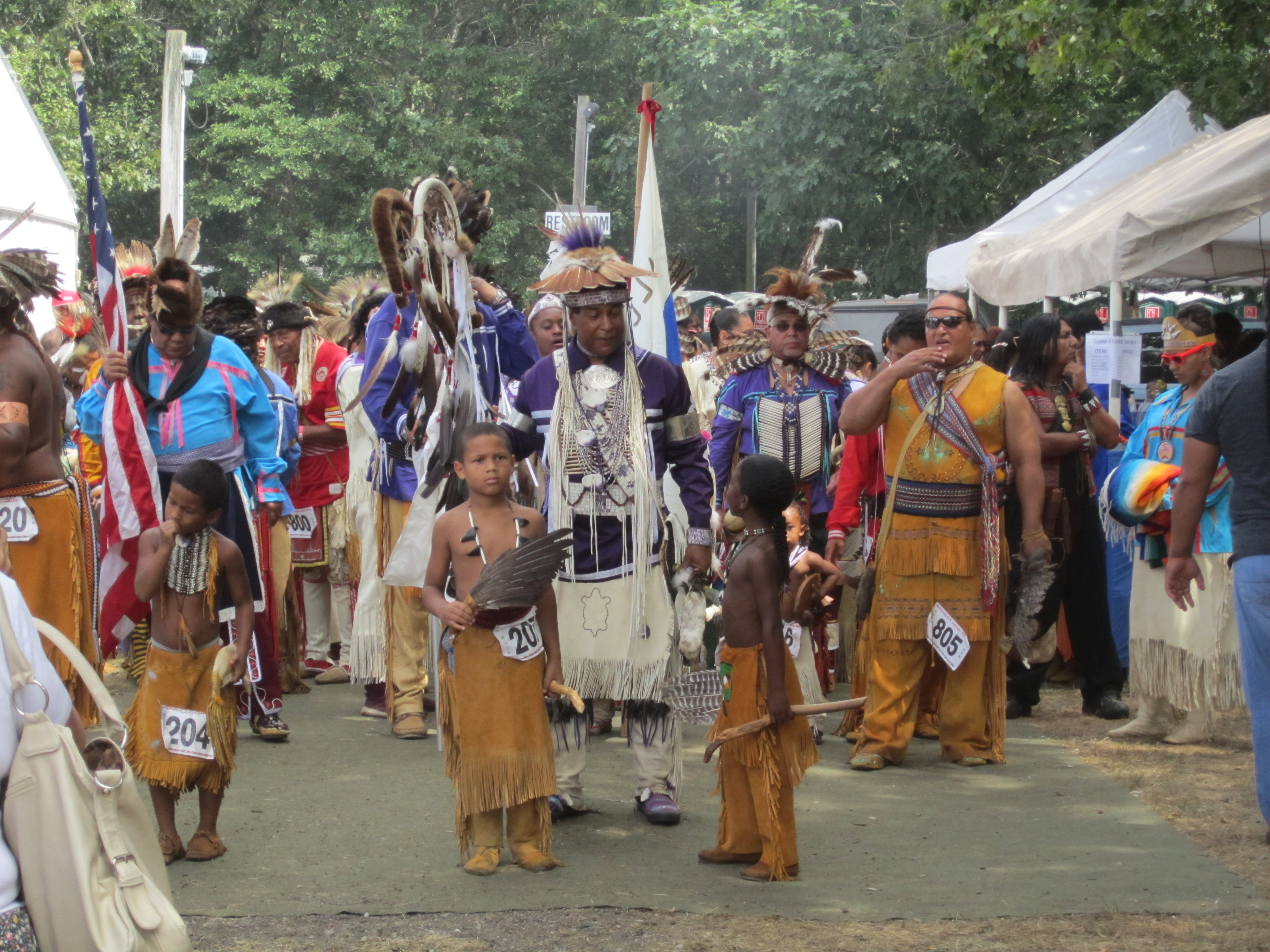Shinnecock Indian Tribe Creating New Government

The Shinnecock Indian Nation held their annual elections in early April, voting in new trustees to run the tribe, and none they elected were involved in the trustee controversy that marred the tribe during this past year. The new trustees are Daniel Collins Sr., Taobi Silva and Brad Smith. Daniel Collins, who received the most votes (166), will be the chairman. This is the first time in a long time that no tribal trustees from an earlier term were re-elected for new terms. It is a new broom, sweeping things clean. The tribe has spoken.
The trouble at the tribe this past year resulted from infighting amongst last year’s trustees about the terms of a contract the tribe signed with a Detroit casino developer wishing to assist them in building a gambling casino. It turned out this infighting could not be resolved by the trustees because there’s no legal mechanism in Shinnecock law that allows for a forum where disputes such as this can be quickly decided. As the time for this new election approached, coincidentally, there were several proposals put forward to create a constitution that might have provided guidelines to avoid these sorts of disputes, but they failed to be approved. That this process is now underway is a hopeful sign.
About half the members of the Shinnecock Indian Nation, 662 people, live on an 800-acre peninsula that juts out into Shinnecock Bay between downtown Southampton and Hampton Bays. In existence for thousands of years, its members began the battle to gain federal recognition in 1977, and succeeded in obtaining it in 2011.
The tribe has a long and well-documented history. And from its first contact with the white settlers in the 17th century, it selected its trustees after closed-door meetings among senior male members. They considered the tribe a family (which it is) whose affairs are no business of the outside world, and they were very private and secretive about themselves. After 1977, the tribe began to make more contacts with the outside, and the manner of selecting trustees began to change, becoming next a vote by all the tribe’s male members, then a vote by all the tribe’s members—both male and female—then a vote where the voting was made public for all to see. Today, the vote is known throughout the region after it takes place.
The tribe is justifiably proud of all its traditions. In fact, retaining its traditions is how the tribe retains its identity. It should not have to change those things. But the tribe could add to them. If the tribe should consider a constitution, there are many different kinds of constitutions they could model one on. The American constitution, with its checks and balances between executive, legislative and judicial, is a good one. At the village level, the newly formed Village of West Hampton Dunes has a protocol for resolving internal conflicts, with a Mayor, a Cleck a Treasurer and a Board of Trustees, all coming at problems from different points of view.
Until they do get better organized, the Shinnecock Nation may struggle along without the ability to proceed in an effective way on the larger stage. We wish new trustees Collins, Silva and Smith the best of luck in taking the tribe to what everyone hopes will be the next level.



